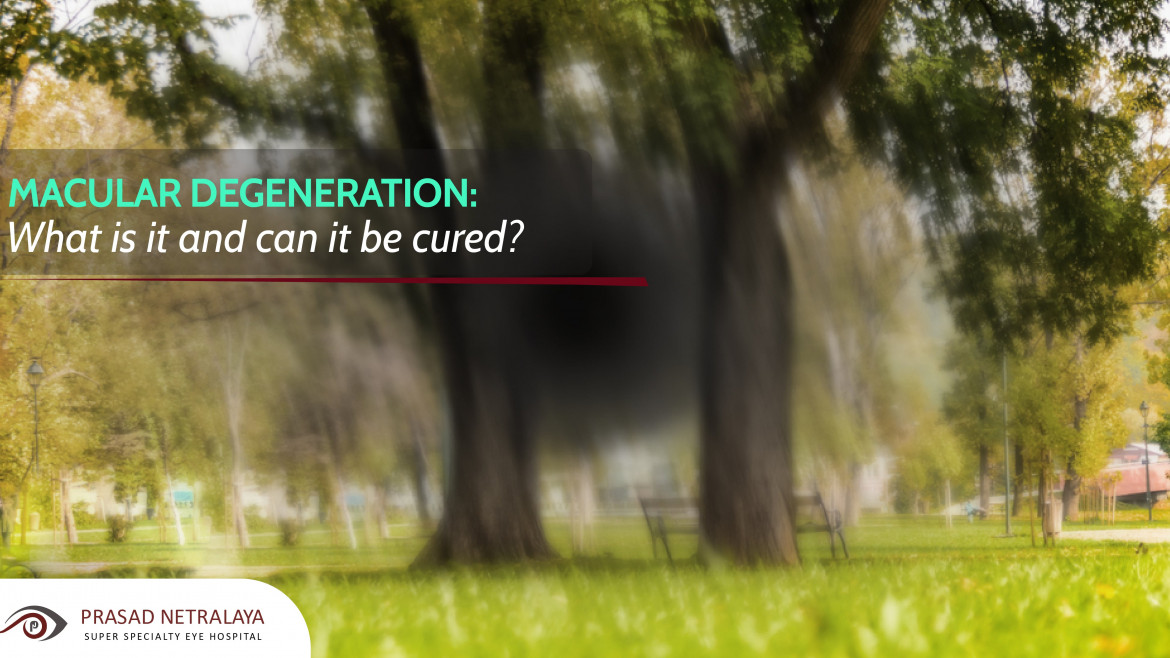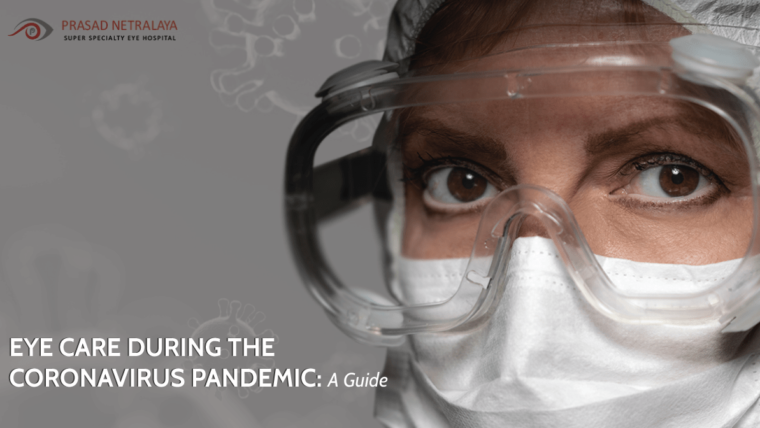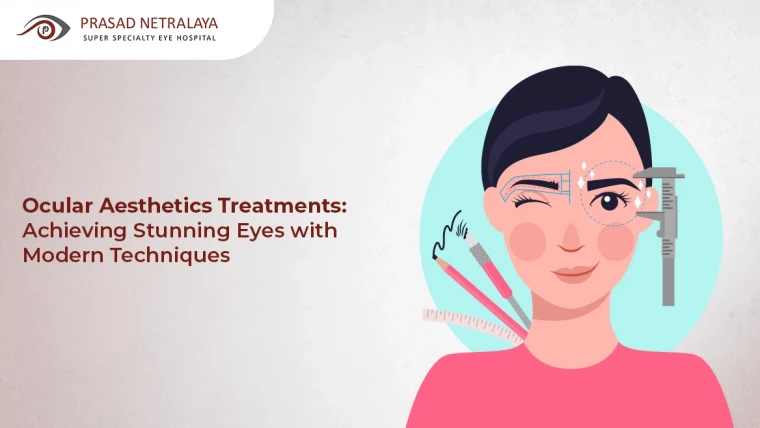Macular Degeneration, otherwise known as age-related macular degeneration (AMD), is the name for a condition resulting from progressive vision impairment caused by deterioration of the macula, a central part of the retina. Macula is a thin layer at the back of the eye that captures the images we see and transfers that captured data via the optic nerve to the brain, for it to process. The macula is the reason why our eyes have a focused central vision.
Table of Contents
How Long Does it Take to Lose Vision With Macular Degeneration?
Macular Degeneration is a common condition — it’s a leading cause of vision loss in older adults. The effect differs from person to person. It progresses very slowly in some people and faster in others. You may not notice degradation in your vision for a long time if you are in the inception stages of AMD. That is why our expert ophthalmologists recommend a regular eye examination.
Symptoms of Macular Degeneration
If you’re wondering, “Do you always go blind with macular degeneration?”, the answer is no. However, while this condition doesn’t always cause complete blindness, it can lead to symptoms mentioned below:
- Wavy or blurred vision
- Visual distortion
- Loss of central vision, with dark or blurry spots in the middle of the vision
- Change in the perception of colour
- Need for brighter light to see
- Trouble recognizing faces
Types and Stages of Macular Degeneration
There are 2 types of macular degeneration: wet and dry.
Wet AMD
It occurs when abnormal blood vessels grow behind the retina and leak fluid under the macula. The fluid causes the macula to bulge and scar, resulting in vision loss. The continuous damage and scarring makes way for more serious symptoms of wet AMD to develop, such as distorted vision and blind spots.
Dry AMD
It makes up about 90% of cases – wherein there is a slow deterioration of the cells of the macula, often over many years, as the retinal cells die off and are not renewed. The deterioration of macula cells can split the macula layers apart and cause them to dry and thin, causing significant loss of vision.
Risk Factors
Age is the real catalyst when it comes to macular degeneration. As your age increases beyond 60, so does the risk factor.
Other risk factors:
- Genetics – Family history of AMD
- Smoking – Smoking doubles the risk of AMD.
What Is the Best Treatment for Macular Degeneration?
Can macular degeneration be cured? Unfortunately, there is no permanent cure for macular degeneration. All major treatments aim at slowing down the progression of the disease and preventing vision loss. Early detection of this disease becomes the key to preventing vision loss.
Typically, macular degeneration treatment involves vitamin supplements or medications that are injected into the eye. This again depends on the type of AMD. However, in rare cases, macular degeneration surgery may be performed.
Macular Degeneration Treatment at Home
One of the basic things you can work on to help stave off the progression of AMD is your lifestyle.
- Quit smoking
- Eat a balanced diet
- Exercise regularly
- Manage stress effectively
- Avoid direct exposure to bright sunlight without eye protection
- Get your blood pressure checked regularly
If you are experiencing any symptoms of macular degeneration, don’t ignore them. Avail a consultation to properly treat the issue and any vision problems — at Prasad Netralaya. It is Mangalore and Udupi’s most trusted Eye Care Hospital with highly skilled and qualified specialists and staff. Call us at +91 9513596565 or book an appointment if you wish to visit in person. You can also book a teleconsultation.
Dr. Vikram Jain, M.S. had his medical training (MBBS) from Kasturba Medical College, Mangalore, India. He did his master’s in Ophthalmic surgery from Kasturba Medical College, Manipal. He currently manages the Glaucoma department of Prasad Netralaya hospital.



